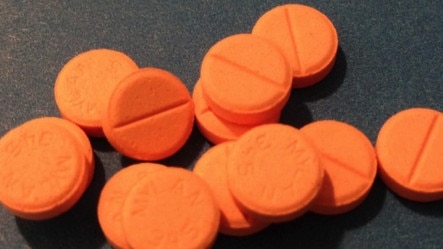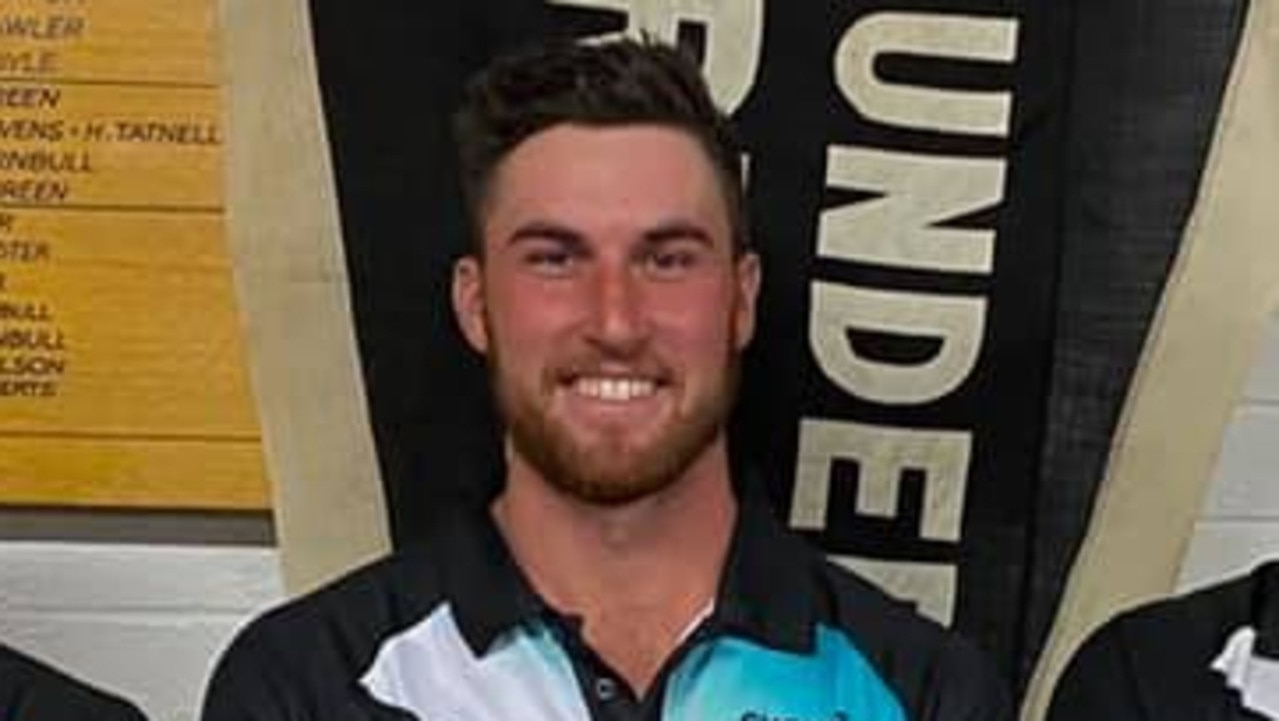Coroner warns youths off drugs after sleeping death of Conor Maclaren Evans
A coroner has warned young people off selling and taking illicit drugs in the wake of a “genuine and caring” Hobart teenager’s death as he slept next to his girlfriend.
News
Don't miss out on the headlines from News. Followed categories will be added to My News.
A HOBART teenager who fell asleep next to his girlfriend but never woke up was “too young to die”, a coroner says.
Coroner Olivia McTaggart didn’t hold an inquest into the “heartbreaking” drug-related death of 19-year-old Conor MacLaren Evans, but published findings on Thursday in the hopes of deterring other young people from taking or selling illicit substances.
Mr Evans had ingested illicit supplies of methadone and diazepam on the day of his death, in July 2018, before falling asleep at his father’s Lindisfarne home with his girlfriend, Ms McTaggart said.

But when the couple’s alarm went off at 7am the next day, Mr Evans’s girlfriend found he was cold to the touch and wouldn’t rouse when she shook his leg.
The young woman called for an ambulance, and paramedics worked on Mr Evans while transporting him to Royal Hobart Hospital, but he was declared dead at 8.13am.
After a concussion playing rugby at 14, Mr Evans, known as a “genuine and caring person”, suffered from regular headaches before losing interest in sport and taking up a range of drugs at age 17, Ms McTaggart said.
The pack-a-day cigarette smoker had worked as a labourer, but his mental health and drug use got in the way of his attendance in the final weeks of his life.
One of Mr Evans friends said on the night of his death, he’d “never seen Conor so messed up” with slurring words and droopy eyelids.
TALKING POINT: ALCOHOL AND DRUG USERS ARE NOT THE ONLY SUFFERERS
A forensic pathologist later found Mr Evens had no “anatomical” cause of death, but believed the youth died from mixed drug toxicity leading to a cardiac arrest while he slept.
The pathologist noted mixing methadone, a synthetic opioid, and diazepam, a sedative, was “especially dangerous” as they could combine to cause respiratory and cardiac arrest.
Ms McTaggart said there was insufficient evidence to find a man Mr Evans had visited earlier that day had supplied him with the drugs in question.
“I am satisfied that Mr Evans purchased and ingested the substances of his own free will. However, I comment that the person or persons who supplied him with the illicit substances have taken advantage of his addiction and vulnerability for personal profit,” she said.
“I intend to publish this finding in the hope that it may prevent even a few from taking the risk of using illicit drugs … perhaps some of those supplying such drugs may also reconsider their actions in light of the potential consequences.”


